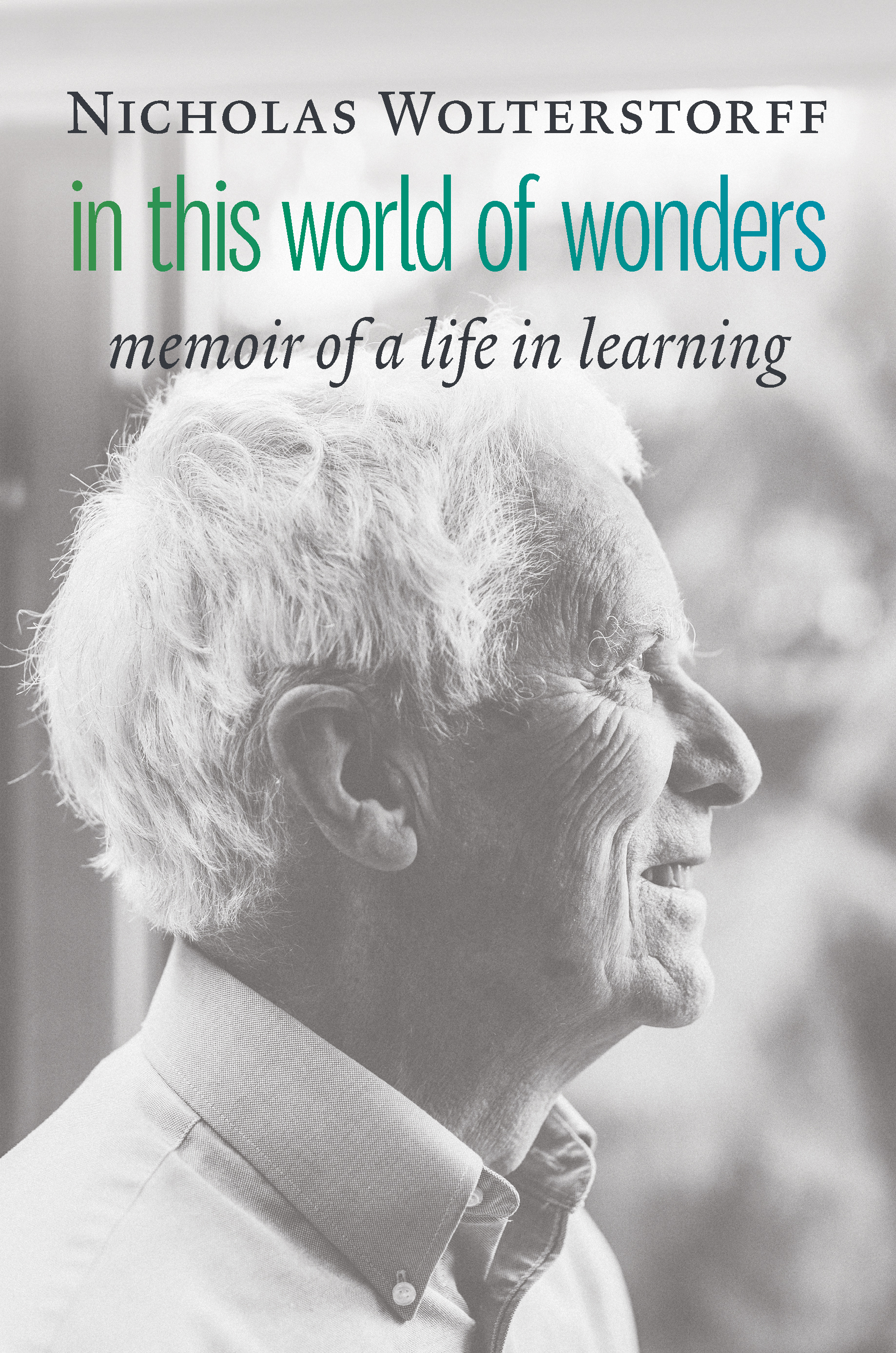What do you think?
Rate this book


334 pages, Hardcover
Published January 16, 2019
My reading often goes in trends; I have gone back to reading biographies and memoirs right now. I have often complained about the distortions of hagiography, the old saint stories that were often stripped of the real humanity of the subjects to create an exemplar that we can follow. Of course, there is value in seeing the stories of our elders and the saints who have come before us. But I also think there is real value in seeing the person's full humanity because the life of the Christian is not perfection. Memoirs are notorious for only presenting part of the story in ways that serve the author. That will always be a danger, but memoirs also can reveal internal realities that are difficult for biographies to handle. That is why I want to read Eugene Peterson's memoir, the Pastor, and his biography, A Burning in My Bones, because of the distance of the biography and the intimateness of the memoir complement one another. But most people will not have biographers.
Nicholas Wolterstorff is not a household name. He is a philosopher who taught for 30 years at Calvin before moving to Yale and various other part-time positions before retiring. He is well enough known and important enough in the philosophy world to justify a Wikipedia page, but as a non-philosopher, I probably would not know of him except through his book on grief, Lament for a Son. Lament for a Son is a classic book on grief, written in the wake of the death of his son Eric in a climbing accident when he was 25. Eric lived in Europe and near the end of his Ph.D. work, with his younger brother on his way to stay with him for the summer when he passed away. The section of In This World of Wonders about Eric's death and the book Lament for a Son was such a good example of the memoir's strength. Wolterstorff admits errors and shortcomings and his blindness, because of grief, to the needs of those around him. But he also reflects well from a distance on how that time has impacted him and his work from that time.
Much of the value of In This World of Wonders is the story of how Wolterstorff's academic work was related to his life story. The repeated discussion of the interaction of art and craft is related to his father's art (pen drawing) and the craft of his woodworking. The role of justice and love is related to his work's real-world experience of Apartheid, the Israeli/Palestinian conflict, and other areas of injustice. Wolterstorff's work on the liturgy was related to his work in the local church. His work on the philosophy of education is related to his own work at the college level in understanding the curriculum of the liberal arts and his work in private Christian schooling for younger students. Throughout the book,
Wolterstorff's explanations of his work and the why behind the books, articles, and lectures have made me want to read a significant amount of his writing. It is unlikely that I will ever really read most of it, but memoirists that make me want to read their work are doing their job. I have started his Justice and Love, and it is a bit slow going. I do not have a very good background in philosophy. It is one of the areas of weakness I have tried to work on, but it is also an area where I have some real blocks in understanding. I alternated between the audiobook and kindle book for In This World of Wonders. Both were well done. This is a book that I may read again in a few years because I really do love the integration of Christian faith and broader life, and I think that the modeling of that here was very encouraging.